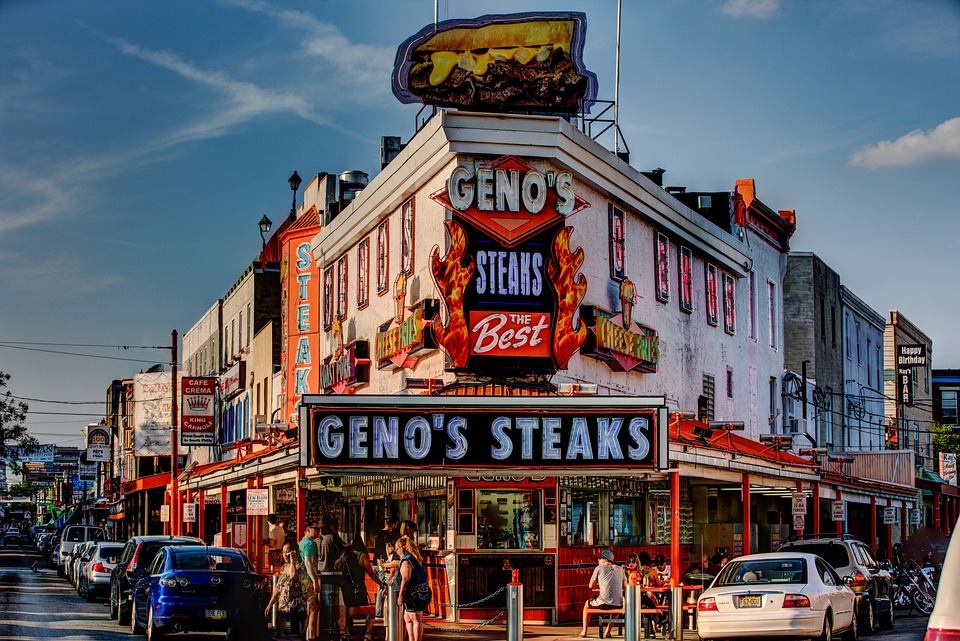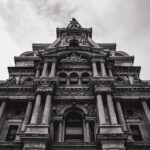Introduction
The Philadelphia Orchestra is known worldwide as one of the premier orchestral ensembles, with a rich history dating back over a century. But what goes on behind the scenes at this world-class institution? In this article, we’ll take an insider’s look at the inner workings of the Philadelphia Orchestra, from rehearsals and performances to outreach initiatives and educational programs.
Rehearsals and Performances
One of the most important aspects of the Philadelphia Orchestra’s work is its rehearsals and performances. The orchestra typically rehearses several times a week, under the direction of its renowned music director. Rehearsals are highly structured and focused, with the musicians working diligently to perfect their interpretations of the pieces they will be performing.
Once the orchestra is ready, they take to the stage at the Kimmel Center for the Performing Arts, their home base in Philadelphia. Performances are typically held on weekends, with a range of classical repertoire on offer, from Beethoven and Mozart to contemporary composers. The orchestra’s performances are renowned for their precision, passion, and artistry, drawing audiences from all over the world.
Guest Conductors and Soloists
In addition to its regular performances, the Philadelphia Orchestra frequently collaborates with guest conductors and soloists. These guest artists bring fresh perspectives and interpretations to the orchestra, challenging the musicians and pushing them to new heights of excellence.
Guest conductors often lead the orchestra in performances of their favorite pieces, while soloists join the orchestra for concertos and other works that feature their instrument. These collaborations are a key part of the orchestra’s programming, helping to keep its performances vibrant and exciting for audiences.
Outreach Initiatives
In addition to its regular concerts, the Philadelphia Orchestra is deeply committed to engaging with its community through a range of outreach initiatives. These programs bring the joy of classical music to a wider audience, including students, seniors, and underserved communities.
One of the orchestra’s most successful outreach programs is its School Concerts series, which brings thousands of students from across the region to the Kimmel Center to experience live orchestral music. These concerts introduce students to the instruments of the orchestra, the basics of music theory, and the wonders of classical music in a fun and interactive way.
The orchestra also partners with schools, community centers, and cultural organizations to bring music education programs to underserved communities. These programs provide access to high-quality music instruction and performance opportunities for students who might not otherwise have the chance to participate in the arts.
Community Engagement
In addition to its educational programs, the Philadelphia Orchestra also engages with its community through a range of special events and initiatives. These include free concerts in public parks, pop-up performances in unexpected places, and collaborations with local artists and cultural organizations.
One of the orchestra’s signature events is its annual Neighborhood Concert Series, which brings free concerts to neighborhoods across the city. These concerts are a way for the orchestra to connect with new audiences and share the beauty of classical music with a wider community.
Educational Programs
Finally, the Philadelphia Orchestra is committed to supporting the next generation of musicians through its educational programs. These programs provide opportunities for young musicians to study with orchestra members, attend masterclasses and workshops, and perform in youth ensembles.
One of the orchestra’s flagship education programs is its PYO (Philadelphia Youth Orchestra) program, which provides advanced training and performance opportunities for talented young musicians. Many PYO alumni have gone on to successful careers in music, including several who are now members of the Philadelphia Orchestra.
In addition to its formal education programs, the orchestra also offers a range of resources for music teachers, including curriculum guides, classroom materials, and professional development workshops. These resources help to support music education in schools and ensure that students have access to high-quality music instruction.
Conclusion
In conclusion, the Philadelphia Orchestra is not only a world-class ensemble but also a vital cultural institution that is deeply committed to engaging with its community and supporting the next generation of musicians. From its rehearsals and performances to its outreach initiatives and educational programs, the orchestra is dedicated to sharing the beauty of classical music with audiences of all ages and backgrounds. Next time you attend a concert by the Philadelphia Orchestra, you’ll have a new appreciation for the hard work and passion that goes on behind the scenes to make each performance a truly unforgettable experience.


